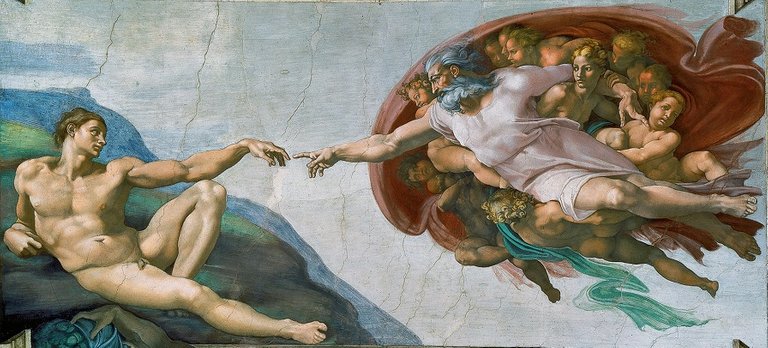Our society is characterized by the following two-dimensionality. Its geopolitical, economic and historical features undoubtedly lend itself to scientific analysis. This means that it is possible for an objective research to gain an even deeper insight into, and subject to unbiased rational criticism, the forces that define and determine human freedom externally. On the other hand, the manipulation of public consciousness is possible through the meaning of history, as well as by the ruling ideologies, a tendency to misinterpret the historical process and the suppression of scientific truth. Ideas of the opposite side - ideologically religious or spiritual-cultural - can be subjected to fanatical persecution; at the same time, their own ideas are perceived with unprecedented pathos and emotions and with the conviction that by their full knowledge the individual can be recognized and legalized as a member in the community of an ideological system.
The ideological function today is a constant magnitude. It stems from the desire to involve as many social strata as possible in the formation of their own future. With this ideologies, they embrace an extremely heavy role that the priests once played in ancient times, or in the closest past, the philosophers. Ideologies must necessarily be captured by the formation of such consciousness that is formed and contained in the history of mankind. Their task is to draw symbols of society that are constantly threatened to become self-destructive idols. Ideologies draw the paths for mobilizing collective forces, where there is always the possibility that they may be misled by the socio-economic model they create, and worse - deliberately lying. The more indispensable and necessary the ideological function becomes to consolidate the so-called cohesion / internal mutual equilibrium and stability of society / to preserve the monopolization of power by a dictator or an oligarchy, and to counter the return to democratization of economy and property, the more dangerous this function becomes in modern societies. The criticism of ideology first stands out as a theoretical-cognitive discipline that strives to distinguish ideological from scientific thinking. In this respect, a number of valuable insights have been achieved about formal structures and the linguistic expression of ideological thinking. However, these formal analyzes at the cognitive level prove to be insufficient for a broader study of ideologies with a view to reforming and overcoming their basic concepts. At present it is found that behind the ideological statements at the cognitive level there are very complex proportions at the emotional level.
As a result, sociological and psychological problems are becoming more and more prevalent in ideological research. At the same time, analyzes have long encountered a very constant substrate in ideological thinking, which is very closely related to the mythological. It becomes clear that there are many mythological elements and structures in the ideology, despite their subtle obscurity. Therefore, studies of myth and religion also refer to ideological research. Here also needs to be asked whether and how to complement the criticism of ideology and criticism of pseudo-religious, and how far the myth still lives in ideology and religion. And more: how should ideology be distinguished from religion. This explains the interdependence between those systems that try to give the meaning of life to modern society. The second problem complex is related to what social-psychological elements and determinants remain unnoticed on the one hand behind religious beliefs and on the other, behind the ideological way of action. Therefore, attempts are currently being made to synthesize some theories of non-humanism with its model for transactional analysis, as it is used in surveys of interpersonal relationships and some areas of social psychiatry.

Ideology can be characterized by the implication of belonging of a group of individuals that antagonizes with another group. In this way, it can be said that ideology implies certain dogmatism. Great post. 👌
https://steemit.com/@eulicesarr505